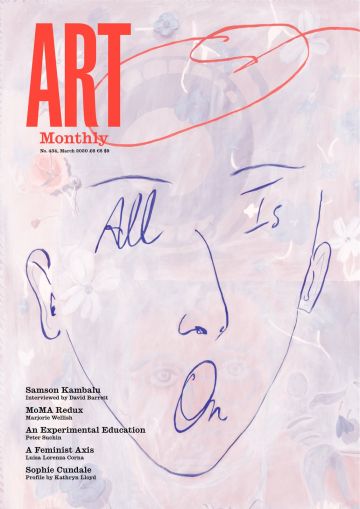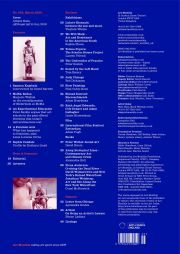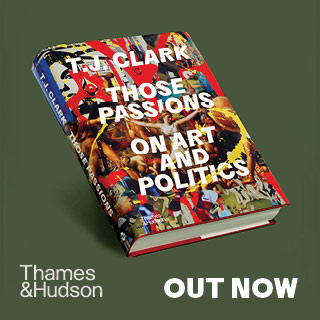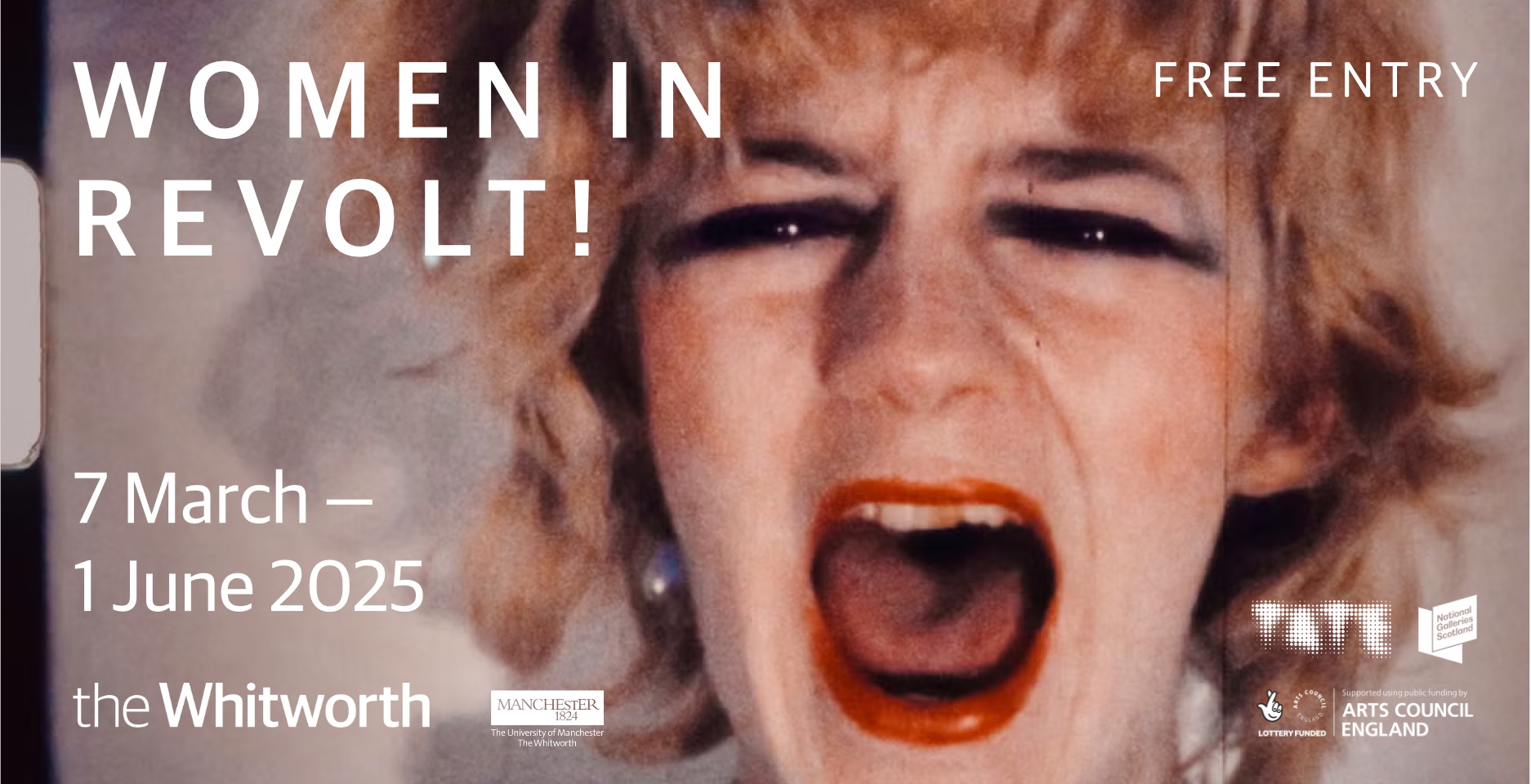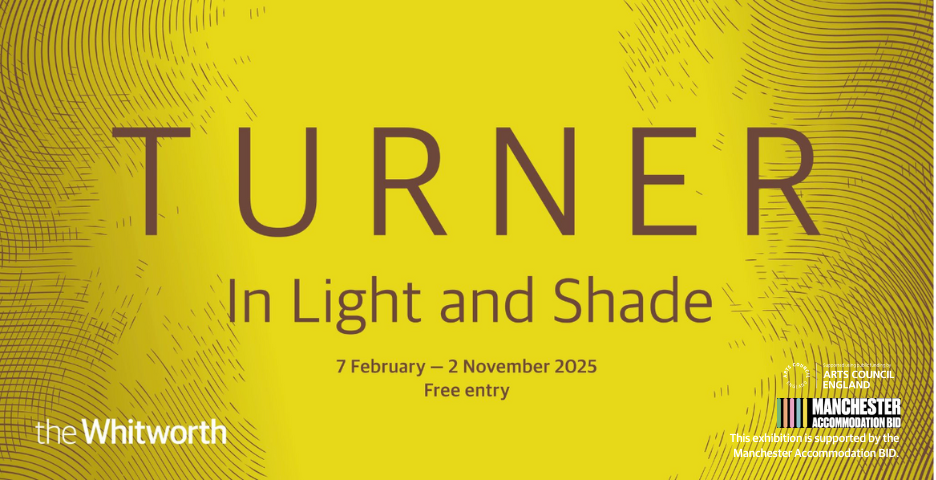Art Monthly 434
March 2020
Samson Kambalu
Interviewed by David Barrett
MoMA Redux
Marjorie Wellish
An Experimental Education
Peter Suchin
A Feminist Axis
Luisa Lorenza Corna
Buy Now – select:
Want to read this right now?
Get instant access to the entire back catalogue via Exact Editions from only £8.99!
Contents
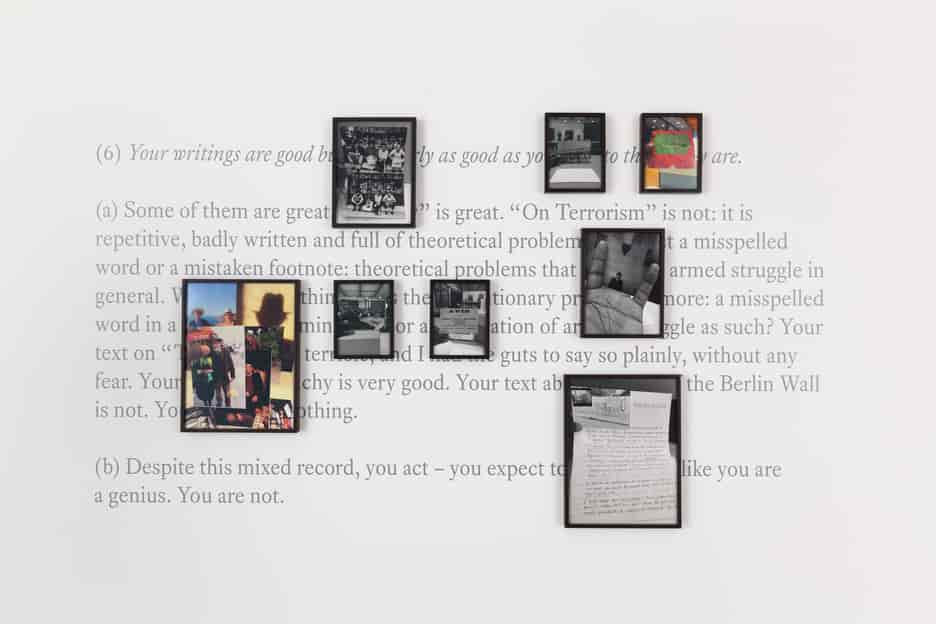
Samson Kambalu, Capsules, Mountains & Forts, 2016
Feature
Scholar and Slacker
Samson Kambalu interviewed by David Barrett
I always say that Situationism is the most African art I have ever seen in the West. This is because the situationists think art has to be an infrastructure, not a superstructure. In Africa, art is infrastructure. It starts with the economy, with everyday life, and then art manifests. Art doesn’t start on canvas and then go into everyday life, it’s the other way around.
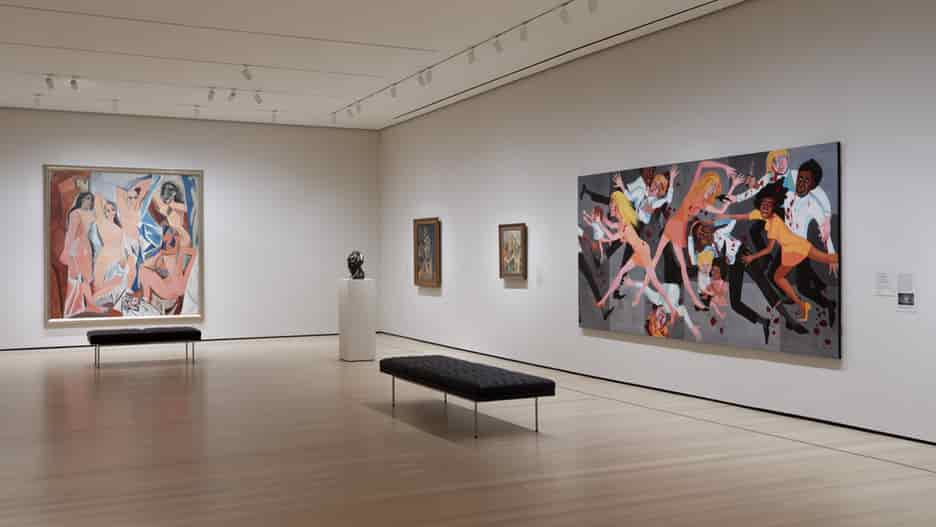
Pablo Picasso, Les Demoiselles d’Avignon, 1907, and Faith Ringgold, American People Series #20: Die, 1967, MoMA, New York
Feature
MoMA Redux
Marjorie Wellish on the reconfiguration of Modernism at MoMA
At MoMA, poetic gallery titles suggestive of thematic clusters provide the non-binding affiliations, temporary and provisional, yet are also evasive. For the real crisis, take note; to the provisional congeries of the current moment comes the challenge: is contemporary art modern?
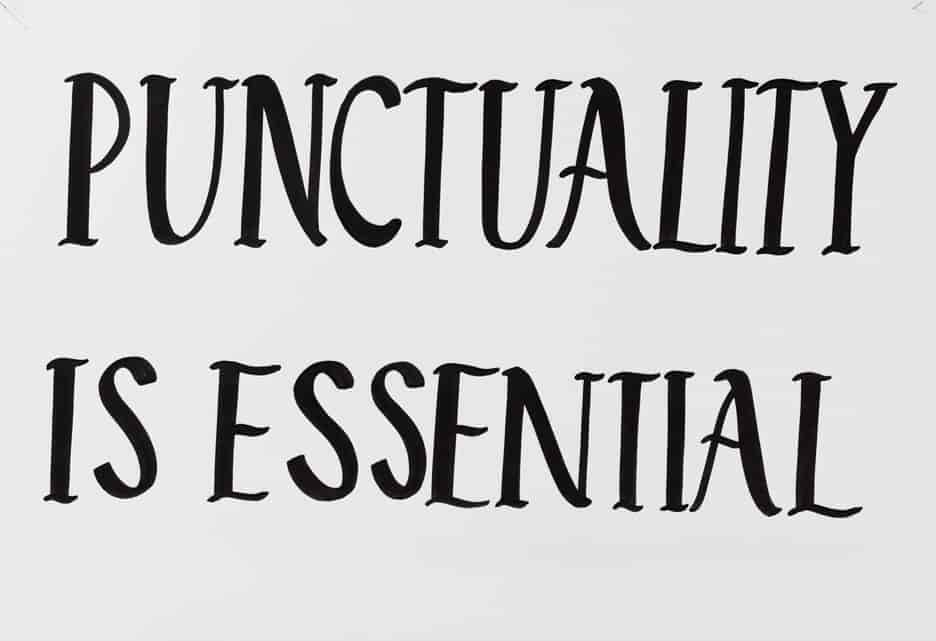
‘Punctuality is Essential’, one of the several ‘Locked Room’ dictums to students at St Martin’s 1969–73
Feature
An Experimental Education
Peter Suchin argues that art schools in the past offered freedoms that today’s universities have lost
In using the term ‘Being in a Band’, Gavin Butt is alluding to several overlapping concerns, especially to the benefits gained through the collaborative process itself, irrespective of the medium involved. The phrase also connects with notions of the commons, of shared – as opposed to privately owned – resources, a far cry from what Terry Atkinson has called the ‘monad-like’, self-determined avant-garde artist.
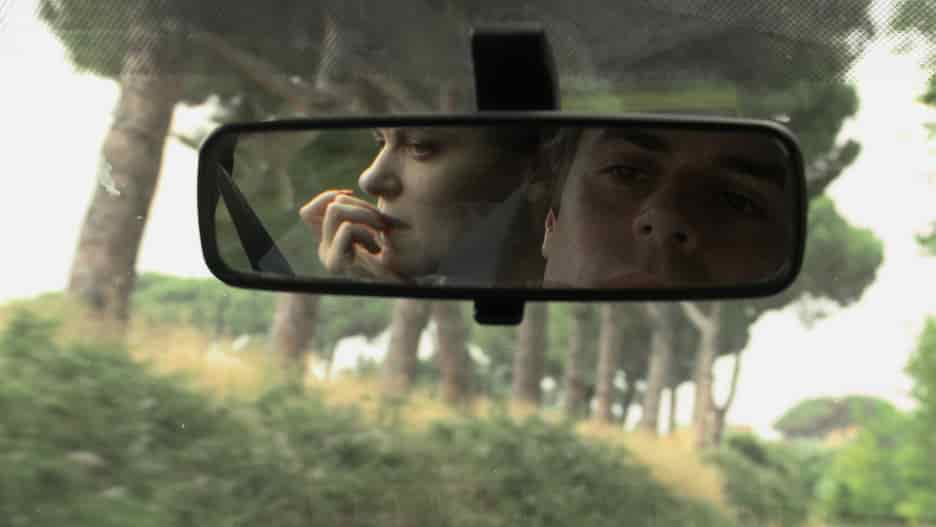
Anja Kirschner, Moderation, 2016
Feature
A Feminist Axis
What has happened to feminism asks Luisa Lorenza Corna
Highlighting points of convergence between different struggles against gender oppression might provide a useful way of deflecting contemporary transphobic tendencies, both in the art world and elsewhere.

Sophie Cundale, The Near Room, 2020
Profile
Sophie Cundale
Kathryn Lloyd on the London-based artist’s intimate films
Over the past seven years, Sophie Cundale has used film to explore the liminal, altered states that can arise around moments of flux, chaos, ecstasy and crisis. At times probing her own personal history and trauma to an unnervingly open degree.
Editorial
Cummings and Goings
Oliver Dowden has taken to the crease at the DCMS, the eigth new culture secretary in the past six years, but how will the former paymaster general implement the populist ‘British’ view of culture promoted by his two bosses, Boris Johnson and Dominic Cummings?
People with ‘global talent’, like musicians and actors, will be the only groups of migrant workers entitled to come to the UK without points or a job offer. Great, but who gets to decide whose talent is ‘global’?
Artnotes
20–30 Vision
ACE outlines its ten-year strategy for the arts, or rather culture; the Horniman Museum publishes climate and ecology manifesto; the British Museum is occupied by climate protesters; univserity lecturers across the UK go on strike; Hans Haacke’s artwork is hacked; Zineb Sedira is caught in the middle of a row over her appointment as France’s Venice Biennale artist; plus the latest news on galleries, appointments, prizes and more.

Judy Chicago, Purple Atmosphere, 1969
on show at Baltic
Exhibitions
Lahore Biennale: between the sun and the moon
various venues
Virginia Whiles
We Will Walk – Art and Resistance in the American South
Turner Contemporary, Margate
Sophia Phoca
Yelena Popova: The Scholar Stones Project
Holden Gallery, Manchester
Lauren Velvick
The Undersides of Practice
APT Gallery, London
Peter Suchin
Seized by the Left Hand
DCA, Dundee
Tom Emery
Judy Chicago
Baltic, Gateshead
Bob Dickinson
Slow Painting
Leeds Art Gallery
Paul Carey-Kent
Shezad Dawood: Encroachments
New Art Exchange, Nottingham
Adam Heardman
Ruth Angel Edwards, Cole Denyer and Adam Gallagher
Le Bourgeois, London
Lizzie Homersham
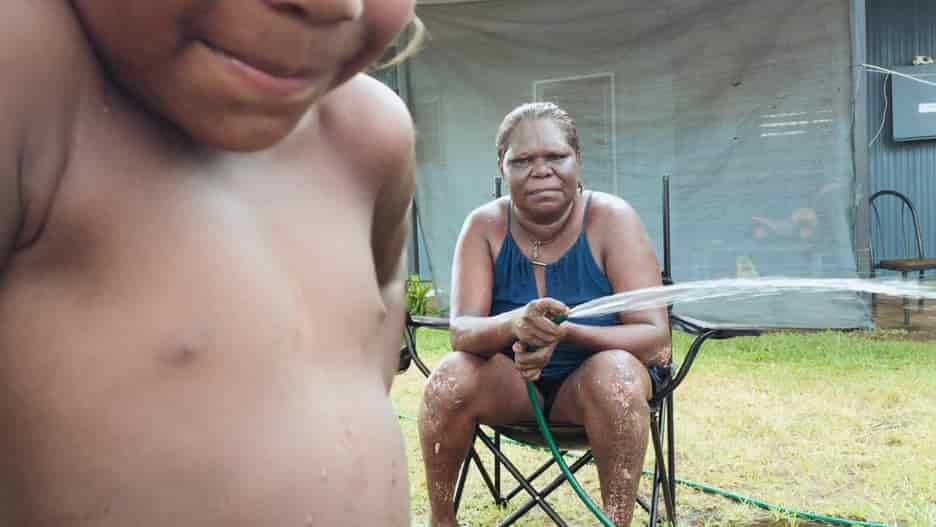
Karrabing Film Collective, The Mermaids, or Aiden in Wonderland, 2018
Film
49th International Film Festival Rotterdam
Adam Pugh
Whether as a means to make work, as something formed by the work, or as a route to showing work, five collectives here approached plural practice united by the will to reappraise dominant narratives, challenge political hegemony or lever real change – some all three.
Books
Peter Weibel: Sound Art – Sound as a Medium of Art
David Briers
Some of the less-often-explored byways of sound art conscientiously tracked by Peter Weibel include radio art, musical instruments invented by artists, visual art incorporating working radio sets (more than you might think), the European culture of the horspiel, graphic musical notation, contemporary dance, vinyl LPs and sound poetry.
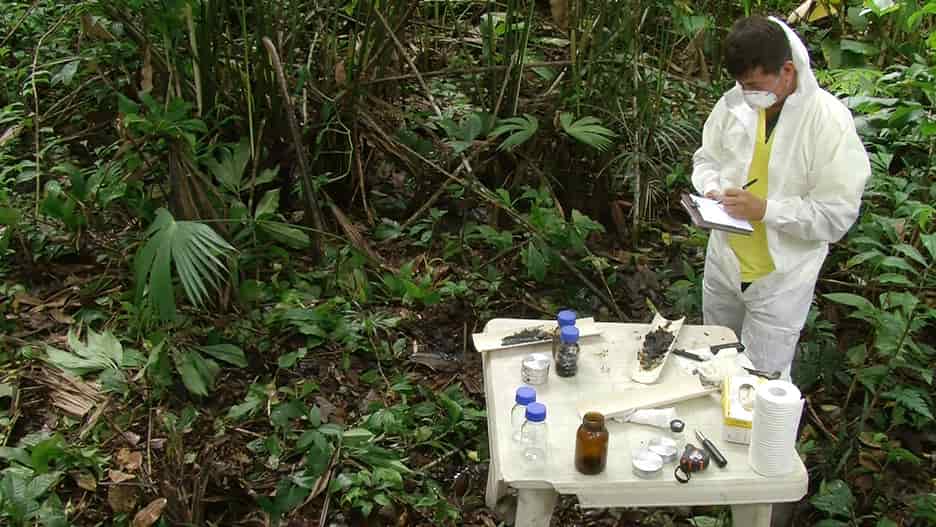
Ursula Biemann and Paulo Tavares, Forest Law, 2014
Books
Along Ecological Lines – Contemporary Art and Climate Crisis
Alexandra Hull
Contemporary art, according to Along Ecological Lines, can be the means through which we think about the climate crisis in a caring and productive way.

Alvin Baltrop, The Piers (man outside warehouse), 1975–86
Books
Fiona Anderson: Cruising the Dead River – David Wojnarowicz and New York’s Ruined Waterfront
Jonathan Weinberg: Art and Sex Along the New York Waterfront
Conal McStravick
As Fiona Anderson and Jonathan Weinberg further suggest, the piers ask us ‘what to do with the future ruins and debris of our present’. We are reminded that the seeming contradiction of an auto-archiving, web 2.0 culture of online and smartphone cruising can be couched in a city, or indeed a planet, hell-bent on self-destruction, ‘refusing to archive itself’.
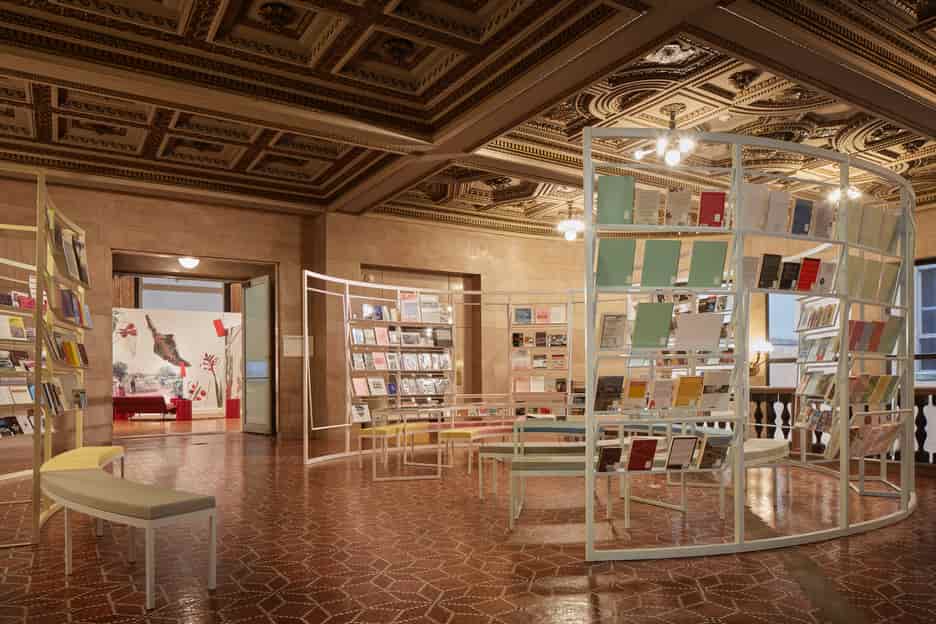
Adrian Blackwell, Anarchitectural Library (against the neoliberal erasure of Chicago’s common spaces), 2019
Letter from Chicago
Sweet Water
Agnieszka Gratza
Dubbed the ‘living room of the city’, the former Central Public Library in Randolph Square housed a sizable portion of the Biennial’s offerings, dealing with gun violence, the need for affordable public housing, social equity, land and property ownership, environmental concerns and other issues.
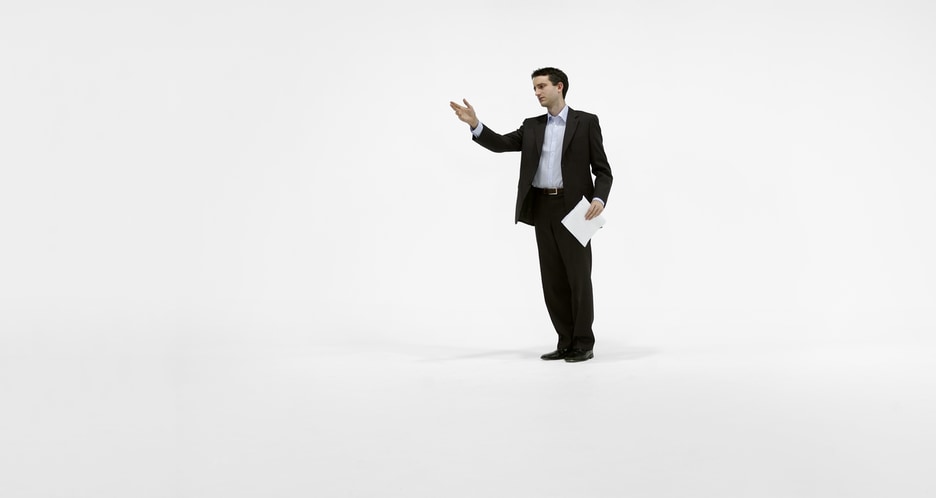
Carey Young, Uncertain Contract, 2008
Artlaw
On Being an Artist’s Lawyer
Henry Lydiate
A widely accepted principle of good legal practice is that lawyers should ideally stand inside the shoes of their clients, to try to see and understand from their perspective. This principle requires the lawyer first to step out of their own shoes.

